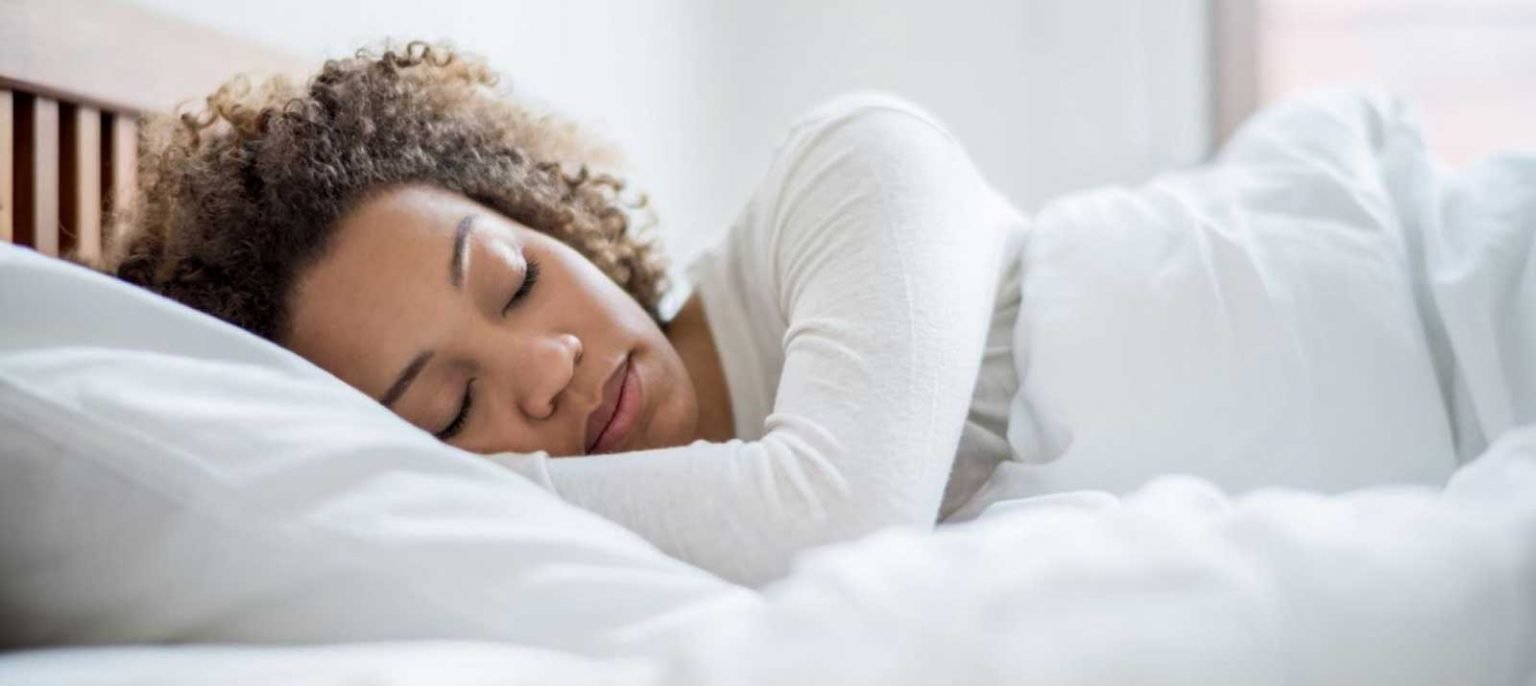The last year has undoubtedly been one that has affected each of us in some way or another. Experts have estimated that most people are sleeping less, having developed some sort of insomnia due to the pandemic.
With numerous factors contributing to a lack of sleep, it can seem challenging to find a solution to the problem and get back into a healthy sleeping routine. While it is natural to experience levels of stress and anxiety in heightened periods of uncertainty such as a pandemic, there are several things that you can try to combat this.
If you are someone who has experienced bouts of interrupted sleep and are looking for ways to improve the rest that you are currently getting, look no further. Keep reading to check out the helpful guide we have created to help anyone struggling to get a decent night’s sleep.
Reduce Your Caffeine Intake During the Day
It seems rather obvious but is something that a lot of us forget. Mainly while working from home, most of us will have been getting an extra cup of coffee from the kitchen, as it is easier to access than when in the office! While this is convenient and saves you the risk of having to make a drink for everyone else, it can also have adverse effects on your sleeping pattern.
By drinking caffeine too late in the day, you are almost guaranteeing that you will struggle to fall asleep; it is estimated that caffeine can start working after around 45 minutes but can even stay in your system for up to 10 hours. Not ideal when tossing and turning at night! Restrict the amount of caffeine you are drinking in a day and eliminating it from your routine in the late afternoons is an excellent way of improving your sleep quality. That being said, if you are someone who drinks coffee for the taste but are finding it is affecting your quality of sleep, consider swapping to a decaf option instead.
Ensuring You Have a Comfortable Place to Sleep

This goes without saying, but having an uncomfortable bed is sure to contribute to a lack of sleep. By investing in a high-quality bed frame and mattress, you are eliminating the risk factor of having an uncomfortable place to sleep, which generally contributes towards a lowered quality of sleep in many.
Many experts have said over the years that memory-foam mattresses are best; they mould to the shape of your body and allow you to sleep soundly without being poked by any springs. A vast range of memory foam mattresses are available on the market, including carbon-neutral ones like the Nectar mattress.
With three different layers of memory foam to sink into, you can rest easy knowing you will be positively impacting the environment, even while sound asleep! The only mattress brand providing customers with a 365-day trial, you can get your money back anytime during that trial if you are unsatisfied with the product; perfect for those looking for the right mattress for them. Learn more about this product and this Nectar mattress opinion from themattressguide.co.uk.
Not to mention, while the mattress is the key contributor towards a comfortable night’s sleep, you can’t forget the pillows! Ensuring you have the right cushions and blanket for you will guarantee you can sleep soundly in no time.
Trying Supplements to Sleep
If you have found that you have attempted other suggestions and are getting nowhere, exploring the world of natural supplements might be the way to go.
Supplements are an ideal thing to try for those who are not keen on taking sleeping tablets and want to try more organic sleeping methods. There are numerous options available that contribute to sleep quality, including Magnesium, Iron, and Melatonin.
Melatonin is the natural hormone that the body produces when in darkness. So, you guessed it, our bodies have high amounts of the hormone during the night and is essential for sleep. A top-rated supplement for those experiencing sleeping troubles is undoubtedly a good thing for those finding that not much else is helping.
Mindfulness, Yoga, and Meditation Techniques
For those struggling to sleep due to increased feelings of anxiety and worry, this one is for you!
Creating a routine of meditating before sleeping, and working on breathing techniques, will allow you to clear your mind of anything that might be bothering you and contributing to your inability to sleep.
By improving your relaxation response, you will have better control over the emotions you are experiencing during the day and then during bedtime. Not to mention, it has been suggested by experts that regular meditation can also increase the levels of melatonin that the body is producing, further contributing to your quality of sleep.
By addressing the emotions, you are experiencing – whether that be talking them through with a loved one or writing them down – you will be directly combatting what stops you from sleeping.

